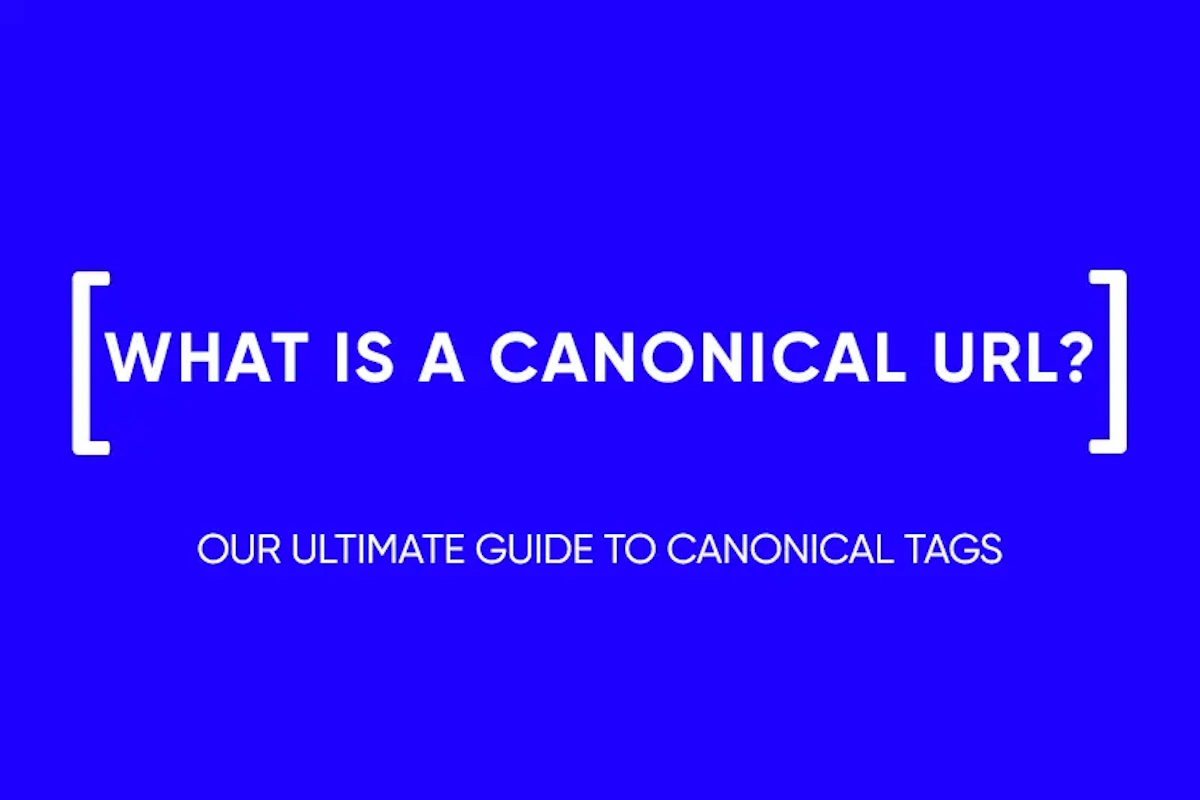A Complete Guide to Keyword Search Volume
During SEO research, which is carried out before a specialist starts working on a site, the concept of “keyword search volume” is often used. The problem is that it is not always understood and applied correctly. In our article, we will talk about how to determine this parameter and why it is needed.
What is the keyword search volume?
Keyword search volume is a measure of how many times a month there were similar queries in a particular region. In the Google Keyword Planner, this parameter is called “average searches per month”.
It is worth noting that the search volume figure refers to the number of requests, and not the number of people who made them. For example, if a user makes a hundred “sports betting” queries, all of them will be displayed in the statistics.
Also, this indicator is displayed as an average – requests may be seasonal. Demand for New Year’s sweaters rises shortly before Christmas, and in the summer there are almost no such requests.
How you can use search volume data
Determine the potential value of a keyword.
Usually, the more searches for a keyword, the more traffic it can garner. It is worth noting here that if the word is not relevant to your current site and audience, it will not be of any use even with a high search volume.
Assess the relative difficulty of a keyword
Continuing from the previous paragraph, the more traffic a keyword can garner, the more competition there is for it. In general, this means that it will take more effort to rank the text.
However, these are all assumptions. Sometimes there are words with high search volume and low complexity – but it may not generate useful traffic. Most likely, the low complexity is there because other specialists have already found out the uselessness of the key and did not waste time on it.
Determine the seasonality of search queries
Not everything that is searched on the Internet is equal to each other. For example, camping equipment is more popular in the summer since people go on vacation and look for where to buy a tent to go on vacation.
The Google Keyword Planner defines seasonality rather tentatively, so it’s better to evaluate it based on other methods.

Create content based on keys
Keyword research will help you define your SEO strategy. It will show which queries are the most popular – this data can be used to write SEO texts or run native ads.
SEO texts are based on user search queries. This is a shareware method of promotion. As soon as the texts are written and published, and the pages are indexed, people will begin to go to your resource according to their requests. Getting to the top of the SERPs is not easy, but given the search volume data, you will understand the competition and the appropriateness of using the key.
If we are talking about long-term planning, then in principle, all content on the site should be based on search queries. That is, the search volume data forms the content strategy.
How to Determine Keyword Search Volume
There are two different ways to do keyword research.
Using the Google Ads Keyword Planner. This method is used by most SEOs, but there are some peculiarities associated with it. For example, this tool is specifically designed to work with Google Ads, so not all keys are registered.
If you work with a topic that is prohibited in Google Ads, you will not collect keys for it. You will have to use other methods.
In addition, to work with the scheduler, you need an account in Google Ads, without which data cannot be collected.
Another important point is the accuracy of the data. The scheduler groups similar requests by combining several keys into one at once. At the same time, he does not see new requests for a long time, it takes some time for the service to place them in its database. And this means that you can’t work with an actual product like the World Cup. The service also does not distinguish between device types.

Click data. You can collect statistics yourself. This is also a rather conditional and inaccurate method of work – data is collected using a browser extension that is installed by the user himself. Needless to say, not everyone will install it?
On the other hand, this method eliminates all the shortcomings of the Google planner. He will not miss the keys, and he will catch the relevant ones, and he will provide statistics on different keyword options.
Both methods are pretty approximate. An exact definition in this case does not exist at all, the calculation methods are based on assumptions and extrapolation. However, even such inaccurate data should be enough to draw certain conclusions.
Should I ignore low search volume words?
Optionally, if the search volume for a keyword is low, it definitely can’t be used. The calculated volume of traffic and real traffic do not always correlate – this has to be verified empirically.
In addition, words with low search volume can be used as “team players”, put a couple of popular keywords, and finish the rest of the text with low volume. Thus, the search engine will consider your page more authoritative as if you had studied the problem from all sides.
Finally, for niche industries, low search volume is not a problem. If such a service, in principle, is not searched so often, then each key has a low volume.
What to look for when researching keywords
There are three main elements to consider in SEO research.
Relevance. When choosing keywords, you need to take into account their relevance, Google loves what is in trend. Your content will only rank highly if it matches user queries.
Authority. Even good keywords are useless if the search engines don’t consider you an authoritative source. And besides, authority is different as you cannot compete with large resources like the Times or the Guardian. In this case, you will be less likely to get into the top, unless the content is exceptionally good.
Benefit. The volume of keywords is still an auxiliary technique. The effectiveness of a site is made up of its sales. Wasting time on keywords that won’t make you money, even if the search volume is huge, is a bad idea.
Main Points:
- Keyword search volume determines how often users use a particular query.
- The number of requests does not mean the number of people. Sometimes a large volume is created by one user making a request several hundred times.
- Search volume calculation methods are approximate. They are based on assumptions and extrapolations, and therefore differ from real traffic.
- Low search volume is not always a bad thing. Rare and specialized products can have low search volume.
and stay up-to-date with the latest news about our platform and affiliate marketing.




